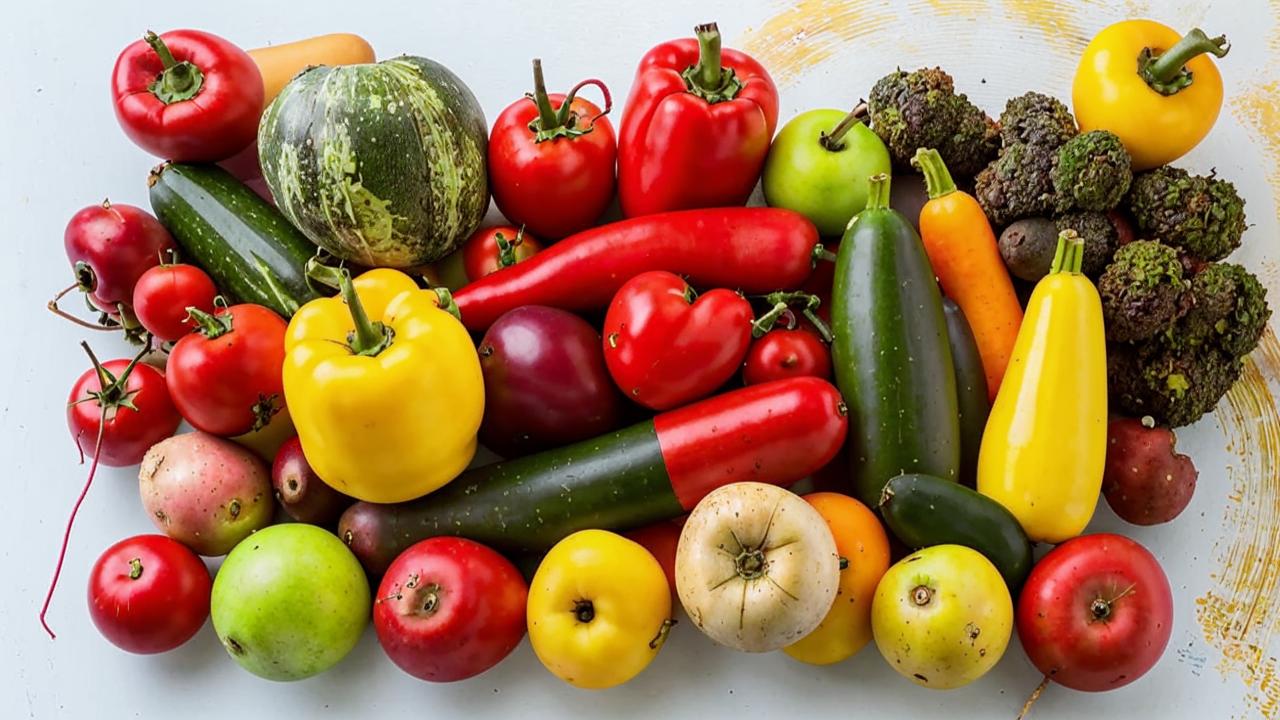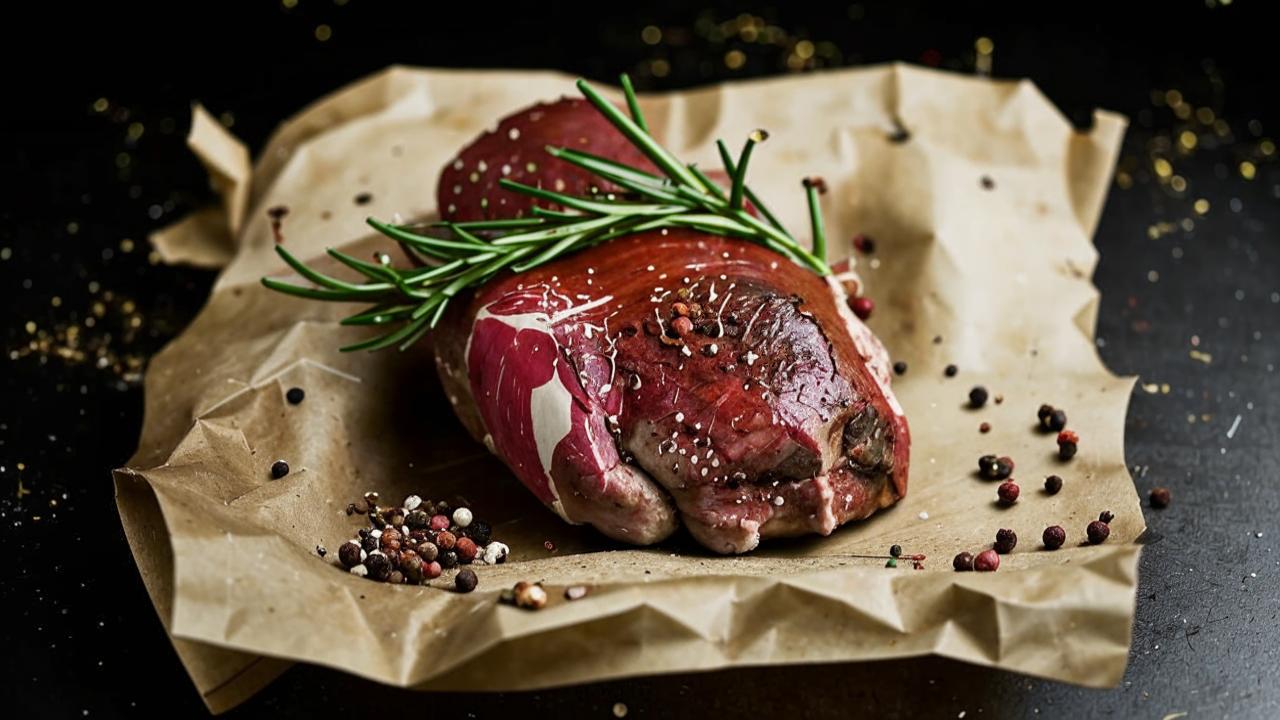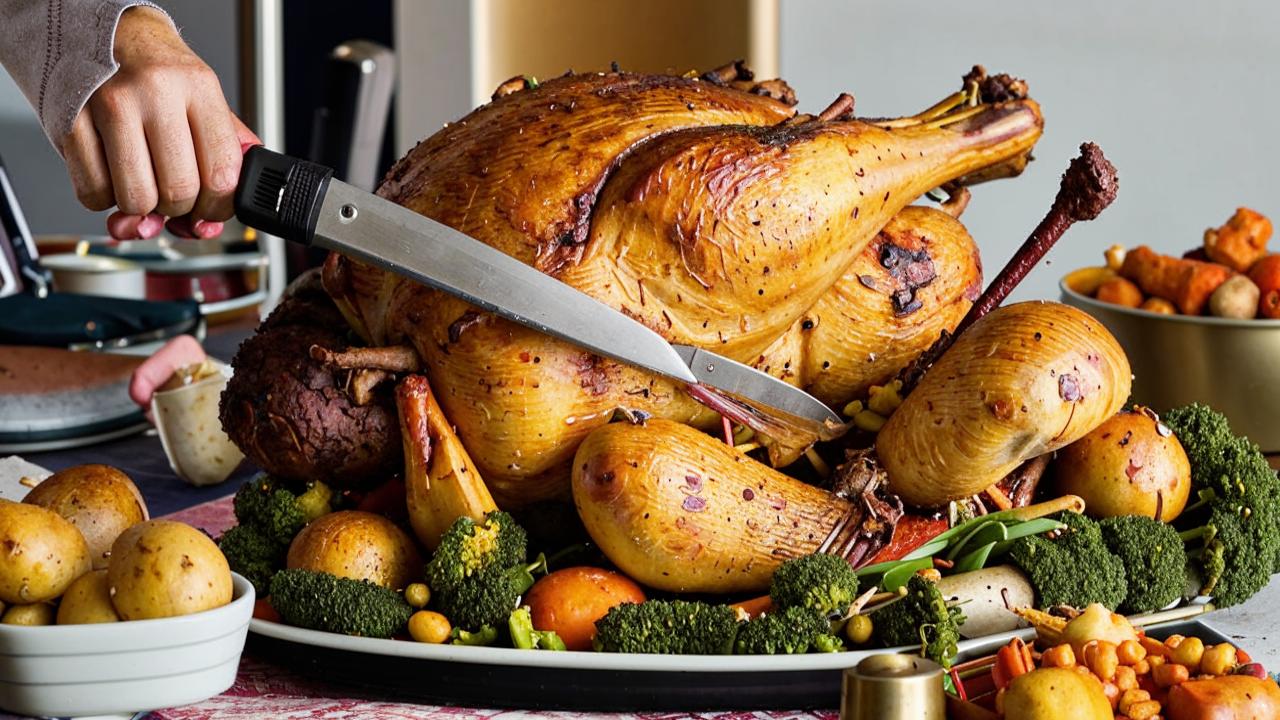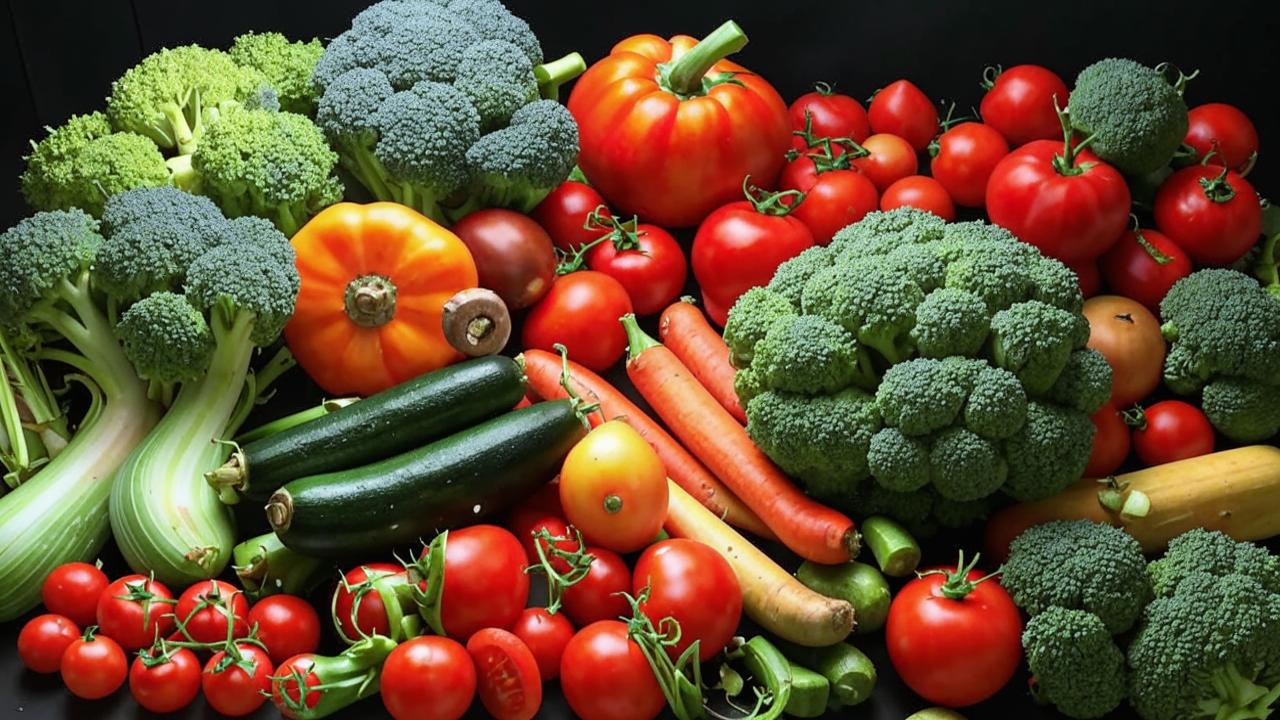Let’s find out what ancient people ate and why we have become omnivores.

Doctor of Historical Sciences, employee of the Institute of Ethnology and Anthropology of the Russian Academy of Sciences.
Tells us how nature created us and what prevailed in the diet before: plant or animal food.
What was the human diet millions of years ago?
Dmitry: Massive australopithecines, or paranthropes, one of the branches of higher primates, judging by the structure of their skulls (especially teeth) and the results of chemical analysis, were vegetarians. Living in Southern and Eastern Africa, massive Australopithecines ate mainly grasses, sedges, sometimes adding nuts to their diet. Perhaps, like apes, they could eat meat, but as an occasional treat.

Judging by the fact that the species existed for a long time – for about 1.7 million years – it was perfectly integrated into the local ecosystem. But over time, this branch of Australopithecus disappeared, leaving no offspring. Paranthropes did not evolve, they did not develop intelligence and labor skills. Apparently, they had no reason to go beyond the developed habitat, and it was difficult to overcome the territory with unusual vegetation.
Neanderthals, on the contrary, consumed mostly meat. Representatives of this branch at one time shared the territory of Europe with our ancestors – Cro-Magnons, and this rivalry also ended with the extinction of the species. Cro-Magnons became extinct, a small number of their genes remained in the human genotype (these species had the opportunity to interbreed).
Dmitry: Ethnographically and historically known societies formed their own attitude to food based on the ecological system in which they lived. An assortment of foods was formed that provided the body with all the necessary substances. For example, the Europeans, while exploring the Far North, encountered scurvy – the most severe disease, which during one wintering period could completely destroy the entire crew of a ship lost in the ice. Scurvy was caused by a lack of plant food. At the same time, local inhabitants did not get scurvy, as they got the required substances from animal blood, berries and needles.

Food preferences were conditioned by living conditions, tradition and religious attitudes. But when external conditions changed, both individuals and whole tribes easily adapted to a new diet. This happened, for example, in the upper reaches of the Nile, when large reservoirs were created there and desert dwellers were forced to retrain as fishermen.
When and why we became omnivores
Modern man is omnivorous – he eats both meat and plant food with equal pleasure. But in the course of evolution, some branches of humanity have gone to extremes: either becoming vegetarians or exclusively meat-eaters. For most of evolution, our ancestors were herbivores. As intelligence developed, it became possible to consume meat as well, primarily birds and small animals.

In general, the propensity for dietary diversity is characteristic of great apes: the basis of their diet is plant food, but on occasion they do not mind eating meat.

He is engaged in research in sociology, anthropology and demography.
The diet of the chimpanzee, our closest relative, consists of 5% meat. However, we humans cannot be called full-fledged carnivores, unlike, for example, wolves, whose body produces vitamin C to compensate for the lack of it in the food.
It should also be noted that before the invention of cattle breeding, our ancestors ate meat from wild animals with a low fat content.
Thus, the human body is evolutionarily adapted to the consumption of a large variety of plant foods. Meat should be consumed as possible lean and in moderation.
Sometimes it is not easy to control appetite. About why this happens, we have already told you.
What is healthier – vegetarianism or meat-eating
There’s a lot of debate on this topic, but research shows a strong correlation between high red meat consumption and various diseases. Processed meat (sausages, sausages, etc.) is considered more harmful than unprocessed meat.

Daria: Scientists often compare the life expectancy of people with different diets. When studying people with omnivorous, vegan (plant foods only) and vegetarian (plant foods and dairy products) diets, it turned out that people with a vegetarian diet had the lowest mortality rate. Pure veganism reduces mortality from some types of diseases, but not all. White meat, on the other hand, not just fish but also poultry, doesn’t carry the same risks.
Why is it harmful to eat red meat frequently (more than twice a week)? One explanation is the toxicity of heme, the substance that makes red meat red. In various sausage products, additional harm may be due to food additives that are not at all helpful in long-term consumption. These are primarily nitrates, which give sausages their pink color, and orthophosphoric acid polymers, which maintain the integrity of the sausage mass.
At the same time, red meat and heme itself are a source of iron and B vitamins. Therefore, vegans are at risk of deficiency of these substances and its consequences, such as anemia, depression, etc. Those who have given up animal products should monitor the levels of iron and B vitamins in the body and take supplements if necessary.

Vegetarianism with consumption of dairy products is practiced by a huge number of Indians of Hindu faiths without any apparent health harm. Dairy products contain B vitamins, but they may not cover the need for iron. However, not everyone can drink milk. Who is better to refuse the drink, told in the material.
What in the end
- A variety of plant foods should be the basis of nutrition.
- It is necessary to avoid processed meat (sausages, sausages), except that sometimes you can make an exception.
- It is worth limiting the consumption of red fatty meat: ideally no more than two portions per week. It is better to replace it with white meat.
- There is no evidence that veganism is harmful, it reduces the risks of some diseases, although it probably does not prolong life.
- Vegetarianism, which includes dairy products, is considered the optimal option.
- However, vegans and vegetarians should keep an eye on iron and B vitamin levels in the body and compensate as needed.
Lifestyle now has a Telegram channel – follow the link and get the latest lifehacks and tips even faster!





